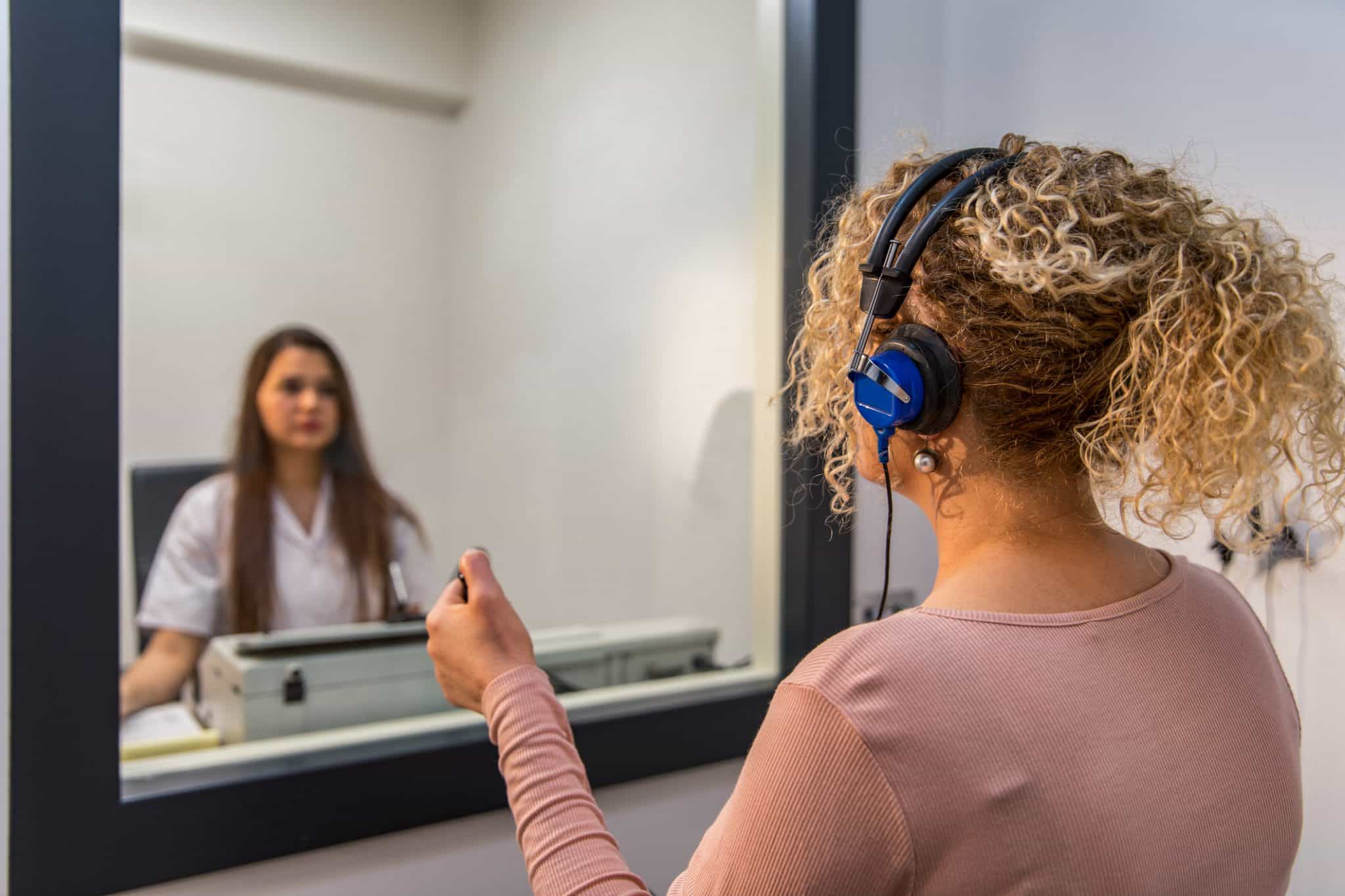Tinnitus is a phantom ringing, roaring, whistling, hissing, humming or buzzing sound with no external source. Everyone experiences tinnitus differently: for some it is only noticeable in quiet environments like their home, while for others it is loud and can be heard even in noisy environments like The Shed. While there is no cure for tinnitus, it can be managed with Tinnitus Retraining Therapy (TRT).
How Does Tinnitus Retraining Therapy Work?
TRT is a process with the goal of helping you learn to cope with your tinnitus on both a conscious and a subconscious level, and it can help you improve your quality of life. TRT consists of two strategies: counseling and sound therapy.
Counseling
The first step in TRT is to undergo a tinnitus evaluation with an audiologist at Southwestern Hearing & Balance. The results of your evaluation are used during counseling, during which your audiologist will:
- Review the results of your evaluation
- Teach you how the auditory system works
- Demystify your tinnitus
- Help change your negative thinking patterns
- Begin sound therapy
Sound Therapy
For sound therapy, you’ll wear a tinnitus masker, a device that looks like a hearing aid, but instead of amplifying noises, it plays white noise. The white noise will be played at an intensity just below that of your perceived tinnitus. The goal is to help your brain get used to your tinnitus by decreasing the contrast between the internal and external sounds.
How Effective Is Tinnitus Retraining Therapy?
A study published in the journal HNO in 2015 found, “The effectiveness of TRT has increased significantly during the past 25 years, presumably due to changes incorporated in its implementation. The main improvement has been to shorten the average time until seeing clear improvement from 1 year to 1 month, with a statistically significant improvement seen at, and after, 3 months.”
When Should I Contact an Audiologist About My Tinnitus?
You should contact an audiologist at Southwestern Hearing & Balance if you experience:
- A sound like your heartbeat in your ears
- Tinnitus sounds in just one ear
- Tinnitus that comes on suddenly
- Tinnitus that is so bothersome you can’t focus on anything else
- Dizziness, vertigo or hearing loss
For more information or to schedule an appointment, call Southwestern Hearing & Balance today.
